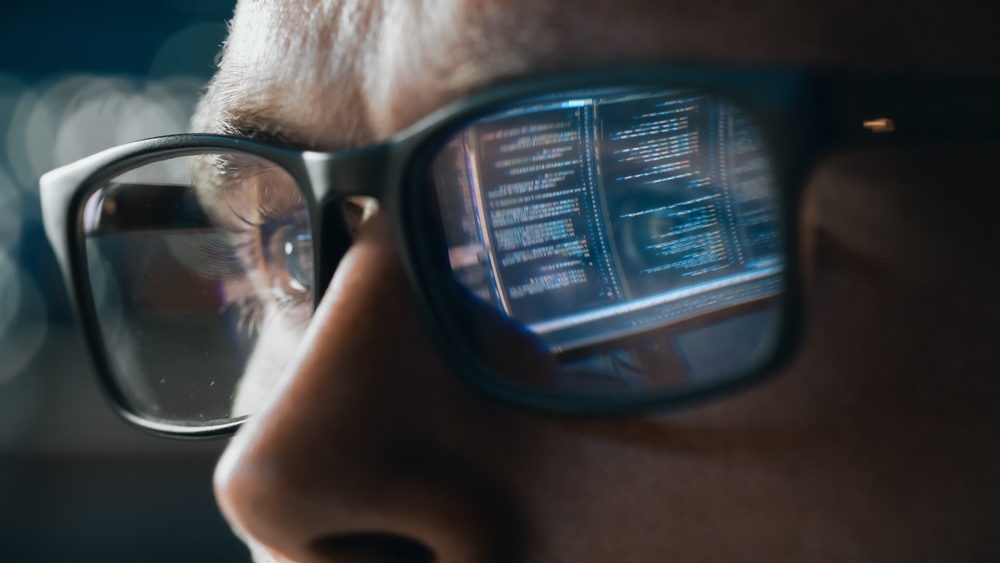
Shopping online is simple and fast. Most men use the web to buy everything from electronics to grooming supplies. But every click, every purchase, and every delivery leaves a digital trail. These trails can be pieced together by companies, advertisers, and even hackers to build a surprising profile of your habits and interests. The risk isn’t just about targeted ads—it’s about online purchases that leave men open to surveillance in ways many never consider. Knowing which purchases raise your digital exposure is a practical step toward protecting your privacy in a connected world.
1. Smart Home Devices
Buying smart speakers, cameras, or thermostats online is convenient. But these devices are connected to the internet and often require you to register accounts with personal details. The purchase history itself can reveal that your home is filled with connected tech, making you a potential target for both advertisers and cybercriminals. Smart home gadgets are one of the top online purchases that leave men open to surveillance because they constantly collect and transmit data—even when you’re not thinking about it.
2. Fitness Trackers and Wearables
Wearables like fitness trackers and smartwatches are popular gifts and self-improvement tools. Ordering them online usually involves setting up user profiles and linking health data to cloud accounts. This information, combined with your purchase record, can be used to track your physical activity, location, and even sleep patterns. If this data is shared or sold, your daily routines could be exposed to third parties.
3. DNA Testing Kits
Ordering a DNA test kit online is an intimate act. These kits often require you to send sensitive genetic material to a company and create an online account. The purchase and the resulting data can be linked to your identity. Some DNA testing companies have faced scrutiny for sharing genetic information with law enforcement or selling it to research partners. Buying these kits online is a clear way of making online purchases that leaves men open to surveillance, especially when personal and family genetic data is involved.
4. Security Cameras and Monitoring Services
Home security cameras and doorbell cams are meant to keep you safe. But buying them online means your address, devices, and sometimes even video feeds are stored in company databases. Some brands have had breaches or have shared footage with authorities or partners. When you buy security cameras online, you may be adding another layer to your digital footprint that could be used to monitor your movements or routines.
5. Private Browsing or VPN Subscriptions
Ironically, purchasing privacy tools like VPNs or encrypted browsers can itself be a flag. If you use your real name or a regular email, your intent to hide your activity can be logged. Data brokers can cross-reference payment records and account signups. While these services help protect your browsing, the act of buying them online is one of those online purchases that leaves you open to surveillance—especially if you don’t take care to pay anonymously.
6. Self-Defense Tools and Tactical Gear
Buying pepper spray, stun guns, or tactical flashlights online is legal in many places, but these purchases are often logged and shared. Some online stores sell this data to marketing firms or could be compelled to share it with authorities. If your name is on a list of self-defense gear buyers, that information could be used to profile you or send targeted ads based on perceived fears or interests.
7. Adult Products and Intimate Health Items
Many men prefer the privacy of online shopping for adult products or health items. However, these transactions are often less private than you think. Payment processors, shipping companies, and even third-party sellers may store or share this data. A data breach or a nosy employee could reveal sensitive purchases. This is another way online purchases leave men open to surveillance, sometimes leading to embarrassment or unwanted marketing.
8. Political Merchandise and Donations
Buying hats, shirts, or flags supporting a political cause or candidate is a form of free speech. But online purchases of political merchandise or campaign donations are often tracked and sometimes made public. Data brokers can link your purchases to your political beliefs and target you with ads—or worse, expose your affiliations in a data leak.
9. Specialty Subscriptions (Hobbies, Clubs, and Loot Boxes)
Monthly subscription boxes for hobbies, games, or niche interests are fun and convenient. But they create a long-term record of your interests and routines. Whether it’s a cigar club, tactical gear box, or gaming loot crate, these online purchases leave men open to surveillance by revealing more about their lifestyle than they might realize. Subscription services often share or sell customer lists, increasing your exposure.
Practical Steps to Guard Your Privacy
Every online purchase leaves a mark, but you can take steps to reduce your exposure. Consider using anonymous payment methods when possible, setting up separate email accounts for sensitive purchases, and reading privacy policies before you buy. Be cautious with what you order and how you pay, especially with online purchases that leave men open to surveillance. Small changes in your shopping habits can go a long way toward protecting your privacy.
How do you protect your privacy when shopping online? Share your tips or experiences in the comments below.
What to Read Next…
- 10 Budgeting Apps That Collect More Than Just Your Money
- 7 Innocent Looking Devices That Secretly Spy On You Inside Your Own Home
- 11 Privacy Secrets Facebook Doesn’t Want You to Know
- 7 Clues Your Neighborhood Has Been Flagged For Surveillance
- 8 Ways To Protect Your Financial Info While Shopping Online
The post 9 Online Purchases That Leave Men Open to Surveillance appeared first on Clever Dude Personal Finance & Money.







